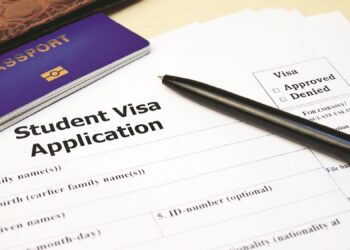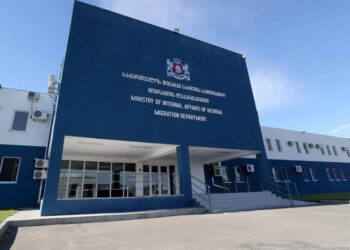The European Union and UNICEF are supporting children in Georgia to live in a protective and caring family environment and have better access to child-friendly justice.
A new project ‘Strengthening Systems and Services for Child Protection in Georgia” aims to support the Government in the implementation of the newly adopted Code on the Rights of the Child including in decentralization of activities and working with communities to respect and protect the rights of children.
The project will be implemented by UNICEF, in partnership with the Government of Georgia, with financial support from the European Union over the next three years with a total budget of over Euro 2 million.
“The EU is proud to partner again with UNICEF, this time to help bring Georgia’s landmark Child Code into practice. Among other areas, this project will assist the final transition from institutionalized care for children and strengthen child-friendly approaches in the justice system. It will also work intensively with local authorities and municipal social workers to ensure better access to care for families and children in need. Child rights, like any rights, are non-negotiable. We look forward to working closely with Georgian partners towards a safe environment for children,” said Carl Hartzell, EU Ambassador to Georgia.

“All children should benefit from living in a caring family environment and the new partnership project with the European Union will contribute to the development of the strong family support services”, said Ghassan Khalil, UNICEF Representative in Georgia. “The project contributes significantly to the implementation of the new Code on the Rights of the Child of Georgia. We are grateful to the European Union for their continued support to strengthening child rights, child protection and justice systems in Georgia so that all children enjoy their rights”, Khalil added.
The project will also support:
- Social welfare institutions and staff to provide quality services for children and families.
- Citizens, communities, professionals, and parents to use positive techniques to raise their children while also respecting their rights. This includes the rights of girls and boys to grow up in a family environment, free of violence, where children know their rights and can act on them.
- The justice system to use a child-friendly approach for all children in contact with the law including child victims, child witnesses of crime, and children separated from their families.
- The National Agency for Crime Prevention and Probation to implement the crime prevention referral procedures and delivers quality programs for children with difficult behaviors, children below the minimum age of criminal responsibility, and children who benefit from diversion programs.
The COVID-19 pandemic brought new challenges for children and families. Pandemic-related restrictions and the expected loss of jobs increase family vulnerabilities and risks for children. This project will contribute to the increased protection of the rights of children during and after the pandemic.

Since 2005, the Government of Georgia, with the support of the European Union, UNICEF, other donors and state and non-state partners, has been implementing the Child Welfare System reform, which significantly reduced the number of children in large-scale state-run institutions from 4,100 in 2005 to 77 in 2020. More than 900 children remain in non-state institutions. Violence against children in families, residential care, foster care and educational institutions remain a significant problem with 69% of children experiencing violent discipline, with many adults believing that the use of physical violence against children is acceptable and that physical forms of punishment are more effective than non-violent parenting techniques.
Since 2009, significant progress has been made in reforming the juvenile justice system in Georgia with the support of the EU. The reform produced tangible results for children in conflict with the law, but additional focus is needed to prevent juveniles from becoming in conflict with the law. Since its introduction in 2010, the Diversion program has helped more than 4,000 children and young people but there is a need to introduce a wide range of rehabilitation services for diverted juveniles and strengthen coordination between different professionals.














